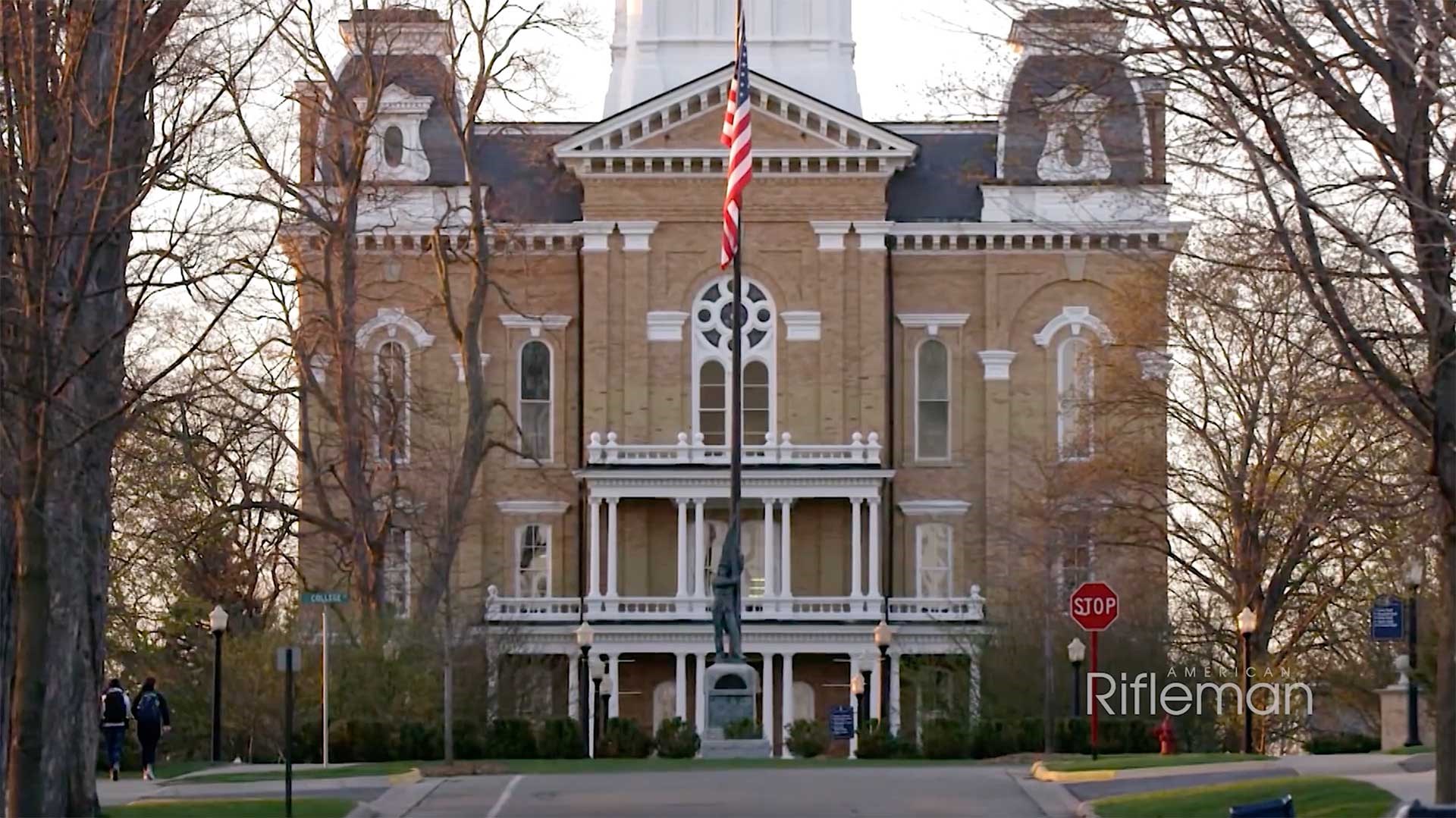Montana Accidentally Made Things Right on Gun-Free School Zones
I don’t think that schools should be totally gun-free zones. While I get that Bruen said that sensitive places could be gun-free, and schools are probably about as sensitive a place as you can name, I don’t think that barring lawful carry in schools for staff and parents is a winning strategy. After all, how many school shootings have we seen despite the schools having this status?
Yeah, plenty.
But the truth is that in most places, schools are as off-limits as they come. At least they are when it’s K-12 schools. Colleges are a different matter in many states, but below that level? The rules are firm.
And those rules include a “buffer zone” of sorts that prohibits the carrying of firearms around the school, regardless of most any other factor.
And Montana accidentally exposed a loophole and made things right, even if that’s not quite what they were trying to do.
Sometimes the most consequential gun control stories don’t start with a bill banning firearms. They start with lawmakers trying to expand freedom — and discovering that the Constitution doesn’t bend the way critics expect it to.
That is exactly what just happened in Montana.
In an effort to strengthen the right to carry, Montana lawmakers may have effectively erased gun-free school zones everywhere except on school property itself. Not through activism. Not through litigation designed to gut federal law. But through their own permitless carry statutes — and a federal court noticed.
The result is a ruling that has left gun-control advocates furious, school administrators uneasy, and Second Amendment supporters pointing out an inconvenient truth: when the state recognizes the right to carry as a right, federal carve-outs start to fall apart.
It all boils down to a guy who would go for a walk near a school. Sometimes, he’d carry a gun openly, and other times, it would be concealed. Local police told the school that he wasn’t breaking any state law, so they couldn’t do anything about it. The school moved kids away from the man and tried to erect visual barriers so no one would see him.
Eventually, the feds stepped in, arrested him, and saw the whole thing thrown out.
Why?
The U.S. Ninth Circuit Court of Appeals ruled that because Montana statutorily authorizes concealed carry for eligible citizens, those citizens qualify for the federal licensing exception.
In plain terms: if everyone is licensed by law, then everyone qualifies for the exemption.
The court dismissed the charges and made it clear that the outcome wasn’t an accident; it was the logical result of Montana’s legislative choices.
The ruling emphasized that Montana did not delegate licensing authority to agencies or local officials. The Legislature itself granted the authority. Congress, the court said, did not clearly prohibit states from doing that.
As a result of that ruling, though, gun-free school zones are confined exclusively to the school itself, not the area around the school.
If schools are going to be gun-free zones, this is how it should be. The idea that the area around the school is also gun-free is a major problem because, frankly, people travel by those schools all the time. They have to in order to get to where they’re going, and unless they’re licensed under state law, they may be committing a felony.
The “buffer zone” thing has always been wrong, but Montana accidentally fixed it for residents there. Instead of just saying a license isn’t needed, they licensed everyone, which had an unintended but positive effect regarding the whole school zone thing.
Maybe other states should address this via their own constitutional carry laws. Most didn’t take quite the same approach as Montana, but they could make that happen and change things once and for all.
It would be a win for gun rights, sanity, and everything else decent in the universe, and the anti-gunners would still have their allegedly gun-free schools.
Again, not that it seems to do much good.







